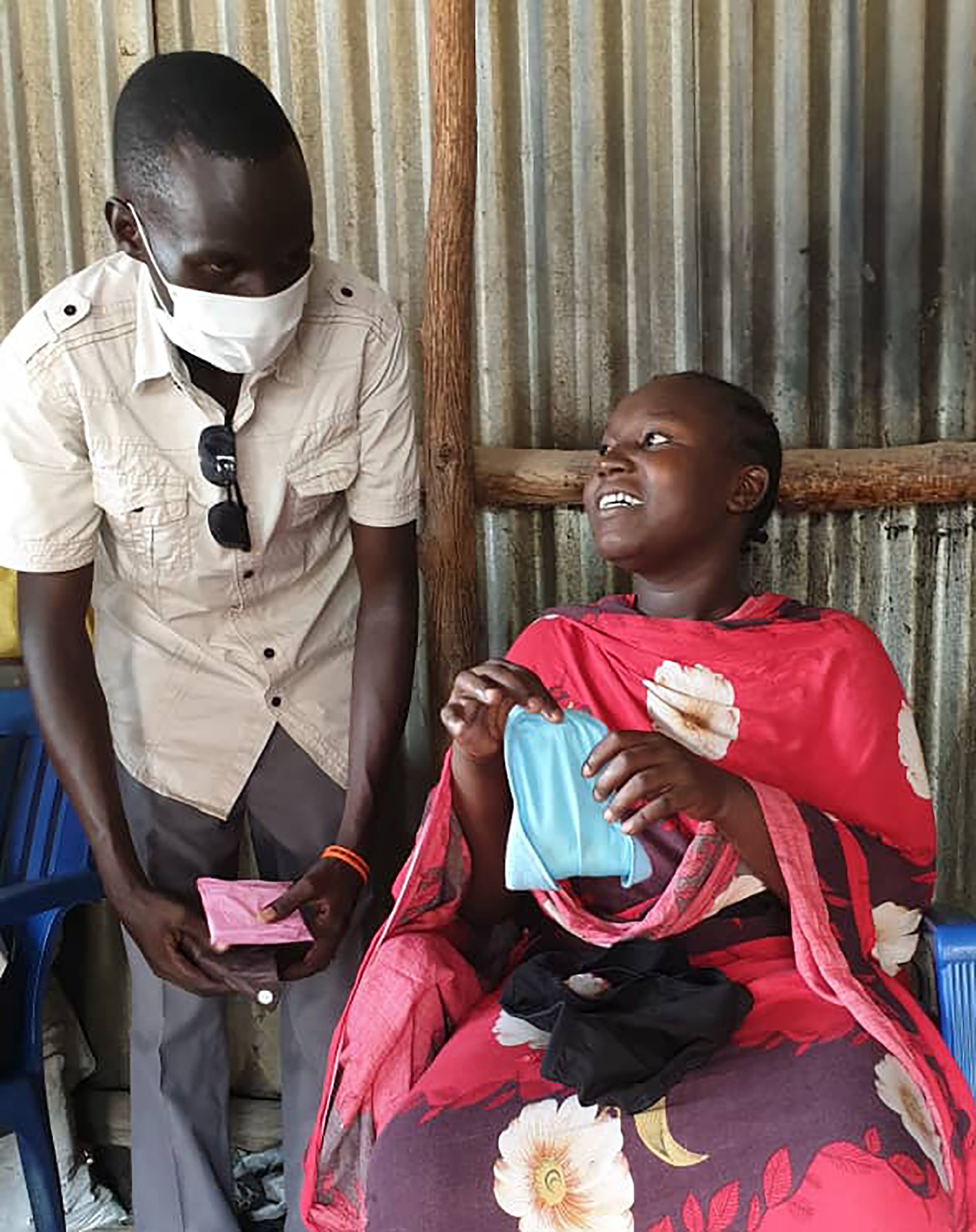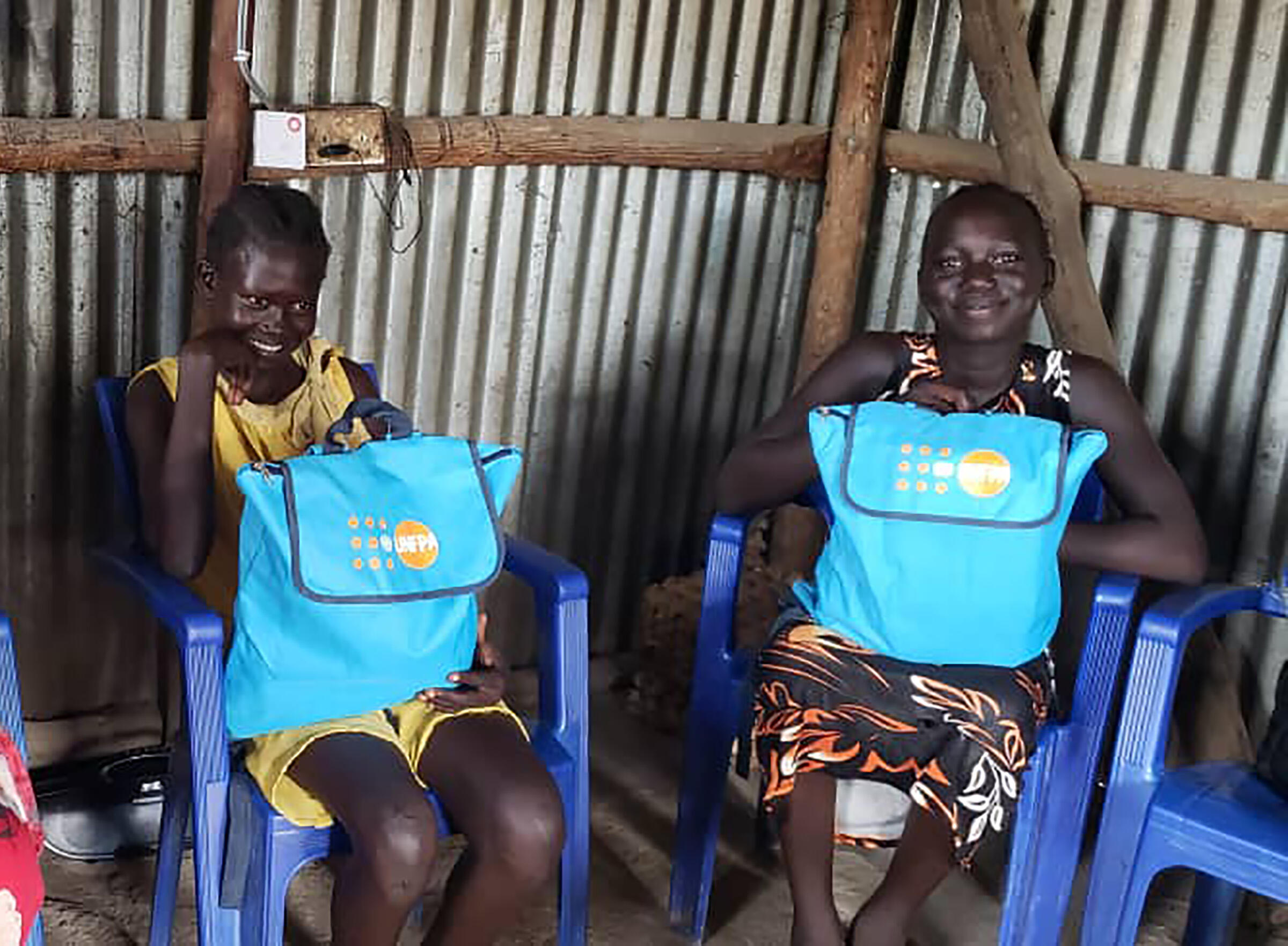Juba, South Sudan - The restrictions in movement and closure of schools due to the COVID-19 pandemic have negatively affected young people’s access to sexual and reproductive health services, raising fears that this could lead to a rise in teen pregnancies and sexually transmitted infections among young people.
Shabab Le Shabab Health Alliance, a network of organizations working to support adolescents and youth in South Sudan, is mobilizing its members exactly for such reason – to reach out to young people and ensure that they continue to have access to sexual and reproductive health information and services amidst the pandemic.
During the International Youth Day commemoration in South Sudan, Ms. Tabu Florence Nelson, a member of Shabab Le Shabab, said they are setting up distribution points in communities for condoms and contraceptives that young people can easily access without fear of being stigmatized or judged. The distribution points include youth centers run by partner agencies, public toilets and through outreach activities, among others.
During the community outreach activities, members of the group also take the opportunity to educate both young women and men about menstrual health to eliminate stigma, specifically menstrual shame, and make every girl feel confident even while having their period.
Mr. Data Gordon, founder of the Men4Women Initiative in South Sudan, places an emphasis on giving men and boys a platform to take the lead in conversations and awareness on menstruation.
As part of the Shabab Le Shabab alliance, Mr. Gordon is actively supporting the fight against period stigma, a key issue among young girls in South Sudan. And he does this by getting men involved, as they are often the cause of the stigma and shame.

“We put men and boys in front of our campaign so that women and girls won’t have to feel that they have to keep their monthly periods a secret and that the males are ready to support them,” he explains. “It was awkward in the beginning but women and girls became more comfortable with the idea as we expanded our community outreach.”
During these outreach, Shabab Le Shabab distributes UNFPA dignity kits and sanitary pads to women and girls.
In his message during the International Youth Day virtual event in Juba, UNFPA Deputy Representative Dr. Chris Oyeyipo noted that people 30 years old and below make up 74 per cent of South Sudan’s population and thus, they are the most affected by COVID-19 in the country.
However, their number also represent a valuable resource and network during this crisis, which is evident with the work that Shabab Le Shabab is doing. “With the right training on COVID-19, young people can work jointly with health partners to help break the chain of infection,” Dr. Oyeyipo said.
He also reiterated UNFPA’s support to the government in the formulation of policies and programmes to address the needs of young people to access sexual and reproductive health as the pandemic goes on. “Right now, the world’s attention is on COVID-19, but we should not forget that the reproductive health needs of women and girls during this time matter, too,” he said.


